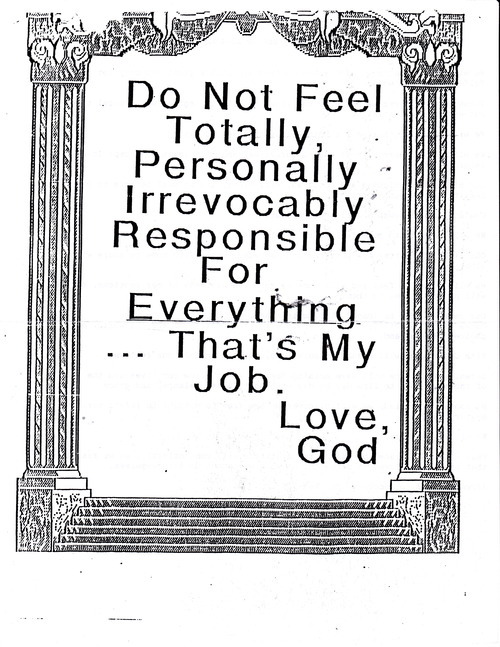Memoir Excerpt:
“Lately I’ve been reading a few books on suicide: Jill Bialosky’s query into her sister’s suicide; and Judy Collins’ heartfelt story about the addiction and suicide of her only child, Clark. Both of these authors consulted with the late Dr. Edwin S. Shneidman, a well-known suicidologist. His word, “psychache,” resonated with me. From watching Angie grow into the addict she has become as an adult, I can see how that term would apply to her. If ever there was an aching psyche, it was hers, so in pain and so unable to express that pain effectively to those she loved. I often feel that drug addiction and the pain that accompanies it is a form of suicide, slow and relentless, if left untreated.
My father made attempts here and there to give up gin and tobacco. When he had his gall bladder removed the nurses made him cough into a bag, and he was so disgusted with what came up that he stopped smoking for a while. But he never completely set aside his self-destructive behavior. It was like an old friend who reminded him of what he’d often felt as a child from an uncaring, abusive father: “You’re not good enough, not important enough.” As a young man working in the family business, he met and fell in love with my mother, who spent a good part of their marriage echoing his father’s disappointment in him. Where do the seeds of addiction take root? It’s the old chicken and the egg confusion. Was my father predestined to become an alcoholic? Or was he made one by the emotional abuse he endured? And if the latter is true, then how and when was I an emotional abuser of my own daughter?
But Twelve-Step recovery gently steers us away from questions like that; we can’t go back and do things over. And I’m only human. I sometimes ask myself what I did wrong or what I missed seeing. Then I remember that addiction is a disease: “I didn’t cause it, I can’t control it, and I can’t cure it.” And like a gentle breeze blowing away the clutter of remorse, I let go of those thoughts and embrace my life again, free of responsibility.
In any case, whatever she chose to do now, I needed to leave her alone to do it. I knew better than to scream and wail in the night to God and all the graces that protected the innocent to save my daughter. Whatever the roots of addiction are, whatever holes were missing in her that this opportunistic disease filled in, I didn’t have the power to combat them. And I just had to let go of the struggle, or I would disappear down that rabbit hole with her.”

